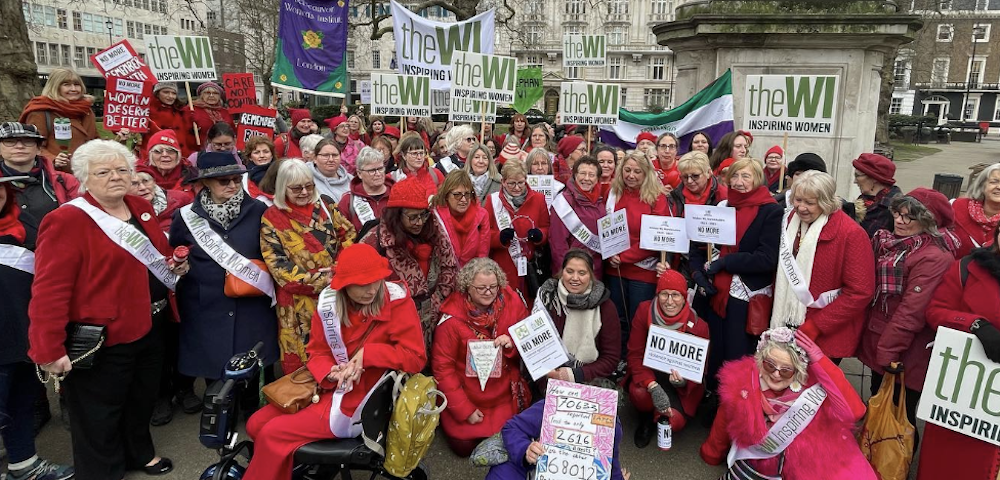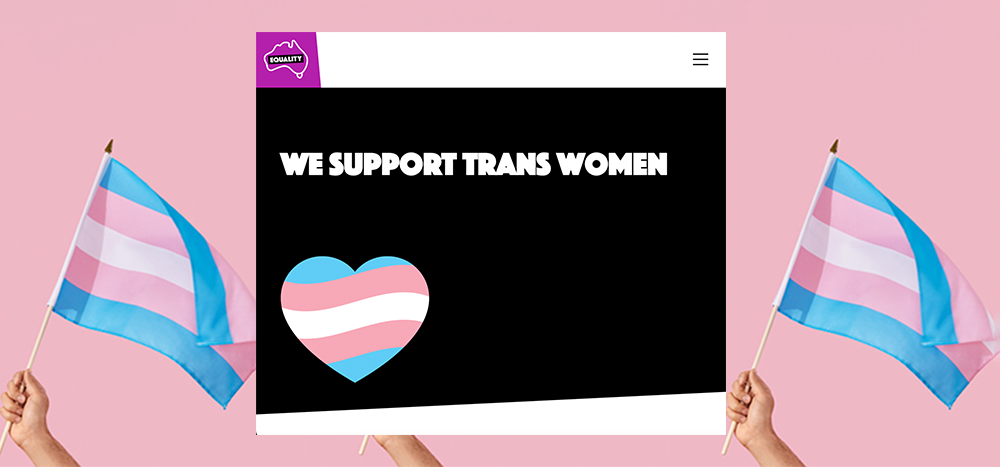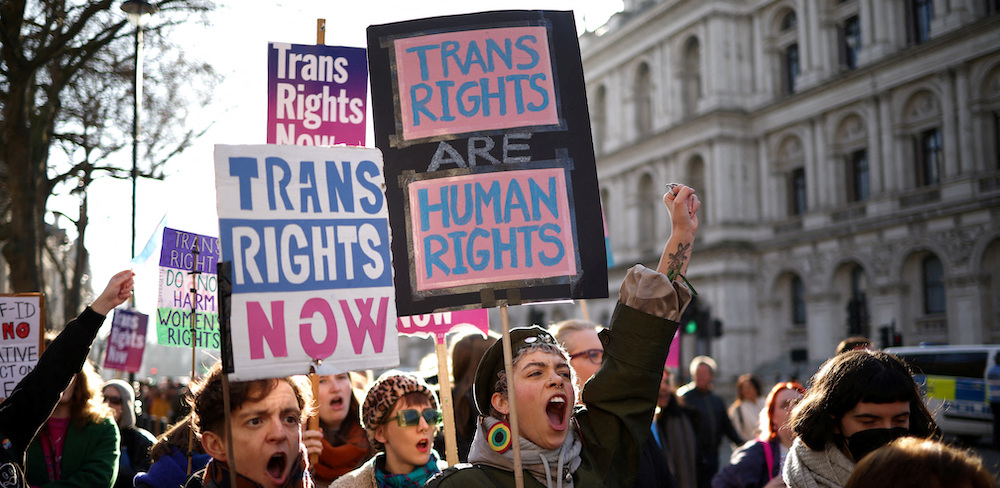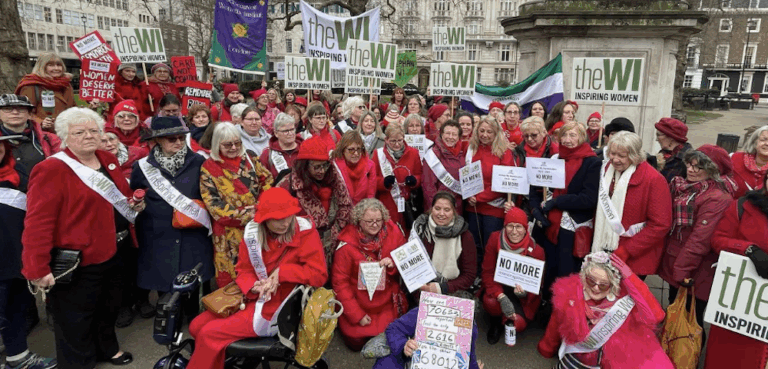
Indian High Court Rules Trans Women Are Women
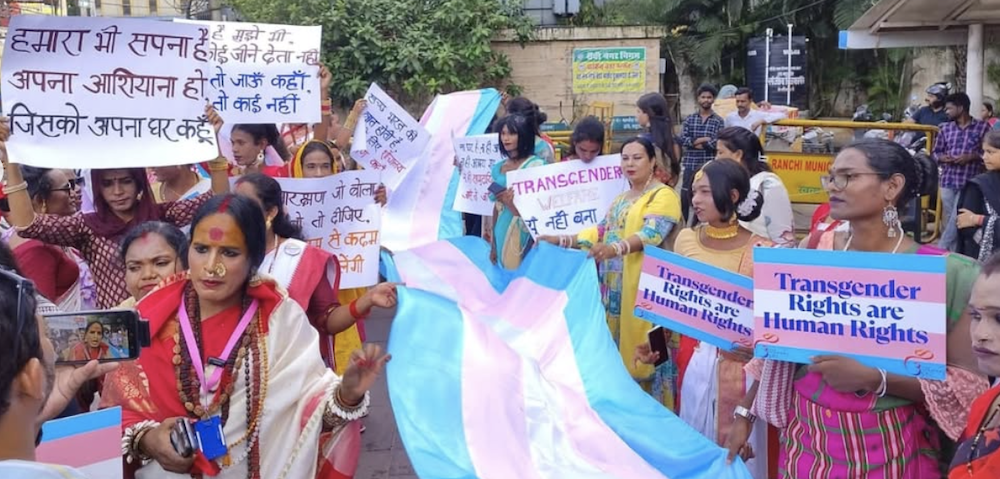
A high court in India has ruled that trans women are women and are “legally entitled” to recognition as such.
On Saturday, the Andhra Pradesh High Court, rules that trans women cannot be denied legal recognition as a women based on their inability to bear children.
The Court also found it was “completely incorrect and legally unsustainable” to equate womanhood to reproductive capabilities, arguing that such a definition contradicts the Constitution, which guarantees dignity, equality and identity to all citizens, regardless of gender.
The ruling comes after increased pressure on the government from the Indian public, calling them to update the laws and policies related to LGBTQIA+ rights.
Same-sex marriage is still illegal, with the current Modi government having labelled an “elitist” view.
The inciting case
Justice Venkata Jyothirmai Pratapa highlighted a 2014 decision from the Supreme Court, which legally recognised the rights the rights of the Hijra community who identify as a “third gender”, marking a milestone in the fight for gender justice in India.
The ruling follows a petition filed in the High Court in 2022 by Viswanathan Krishnamurthy and his parents, after Pokala Sabhana, a trans woman, sought protection from them, alleging Krishnamurthy and his family committed dowry abuse.
Viswanathan and Sabhana lived together as a couple for a brief period, until Viswanathan left and Sabhana stopped hearing from him. She later alleged to the police that her partner verbally abused her, while his parents threatened to kill her.
Sabhana attempted to use Section 498A of the Indian penal code to convict them, which protects women from abuse by a husband or relatives, though Krishnamurthy’s parents argued that the protection only applied to cisgender women, as trans women didn’t meet the legal definition of womanhood as they’re unable to get pregnant.
The judge ruled that trans women recognition is protected by discrimination protections Articles 14, 15, and 21 of the Constitution, which include the right to life and personal liberty.
Subsequently, this meant trans women’s rights to be recognised as women superseded the law.
“A trans woman, born male and later transitioning to female, is legally entitled to recognition as a woman,” he wrote in his ruling. “Denying such protection by questioning their womanhood amounts to discrimination.”
Although the ruling represents a historical landmark for Indian trans women, Sabhana’s case was dismissed by the court, who cited a lack of evidence rather than denying her justice on account of her gender.
Rani Patel, president and founder of the non-profit organisation Aarohan, told the Washington Blade the verdict was a “progressive and crucial” step not just for trans women, but for gender inequality in India at large.
“Many women also cannot give birth to a child, so that is totally different,” he said.
“If someone is carrying themselves as female, they should be honoured with their status. Since the purpose of the verdict is to recognise trans women as women, they will get all the status and rights as cisgender women in dowry and harassment cases.”




